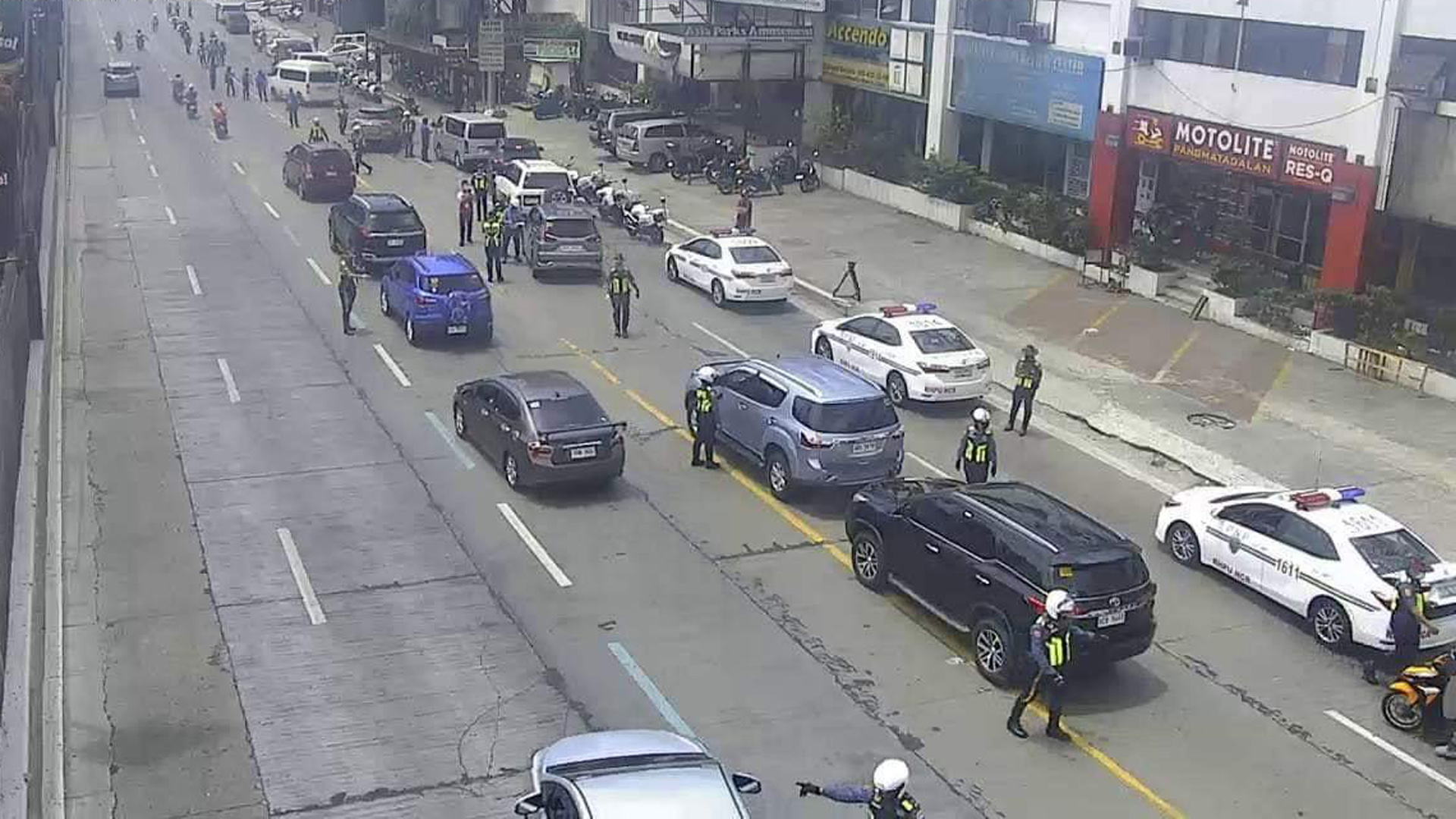Medical frontliners will be exempted from the modified number coding scheme set to be implemented by the Metropolitan Manila Development Authority (MMDA) beginning June 1 in the National Capital Region (NCR).
In a statement on Wednesday, MMDA General Manager Jose Arturo “Jojo” Garcia said these workers will be exempted from the modified Unified Vehicular Volume Reduction Program (UVVRP), simply known as modified number coding or color coding, to help provide “ease and convenience to their daily transport.”
“The MMDA understands the plight of the medical front-liners so we want to assist them during this challenging time,” Garcia said.
The modified number coding was among the policies discussed and recommended by the Metro Manila Council — led by the MMDA and made up of 17 Metro Manila mayors — on Tuesday evening, once the metropolis is eased into a general community quarantine (GCQ).
Under the previous UVVRP, vehicles with plates that end with certain digits are not allowed to ply the roads of Metro Manila on certain days or else risk getting caught and fined by MMDA enforcers.
With the modified scheme, however, coded vehicles may be exempted from the policy if they are carrying at least one passenger, in addition to the driver.
“Vehicles carrying more than one passenger, depending on the guidelines of the IATF[-MEID] (Inter-Agency Task Force on the Management of Emerging Infectious Diseases) on allowed passengers per type of vehicles, will be exempted from the existing number coding scheme. We want the motorists to maximize the use of private vehicles on the road,” Garcia said.
GCQ in Metro Manila
Aside from the modified number coding, the 16 city mayors and one municipal mayor in Metro Manila unanimously agreed to recommend to the IATF-EID the easing of restrictions in the metropolis from the current modified enhanced community quarantine to a GCQ beginning June 1 during an online meeting on Tuesday.
According to Garcia, included in the recommendation is a mayor’s mandate to impose lockdowns in certain barangays or areas with several cases of the coronavirus disease 2019 (Covid-19).
In addition, Garcia said the MMC has also recommended not to allow public utility buses and jeepneys to resume service should it allow the shift to GCQ.
Other means of transportation, however, are recommended to resume operations such as rail lines and point-to-point buses, among others.
On Tuesday, Presidential Spokesperson Harry Roque said the IATF may release its decision on the possible easing or extension of the current modified enhanced community quarantine (MECQ) in Metro Manila and other parts of the country beginning Wednesday.
Metro Manila, Laguna, Bataan, Bulacan, Nueva Ecija, Pampanga, Zambales and Angeles City are currently all under MECQ, while other parts of the country are under a GCQ. (PNA)
Photo Source: Facebook/MMDAPH







